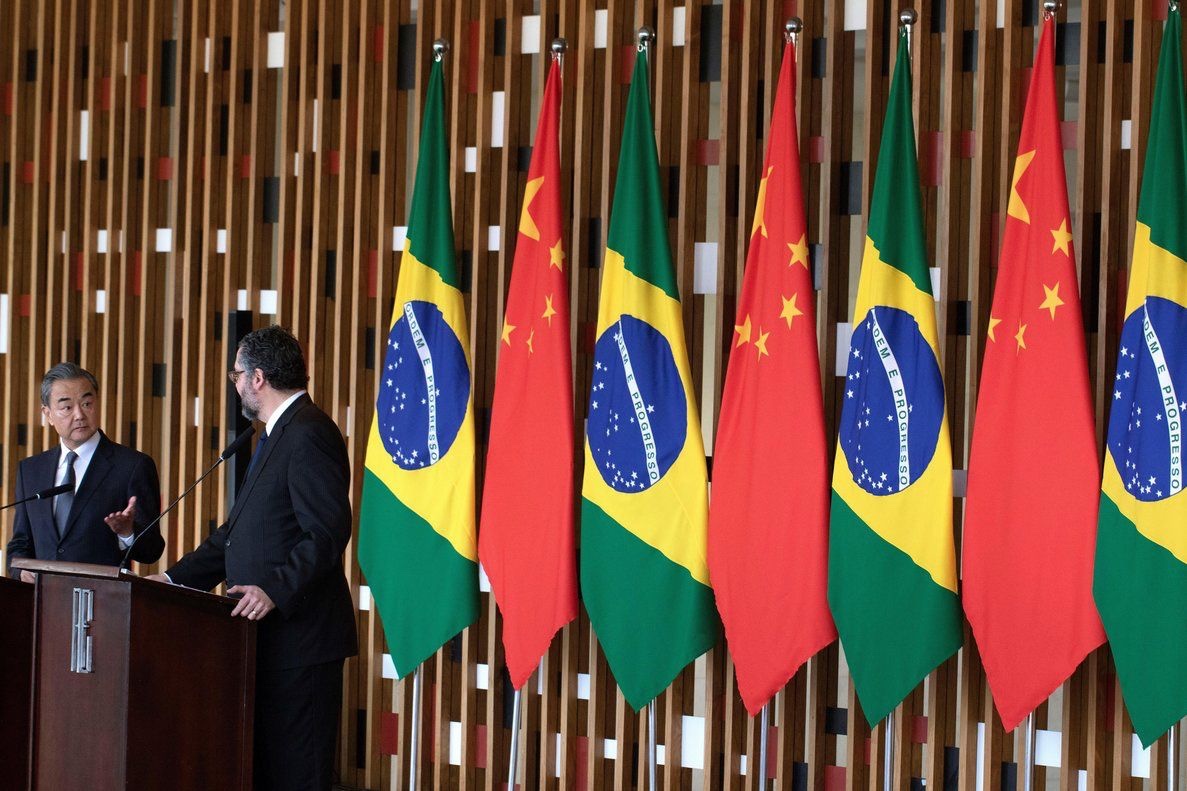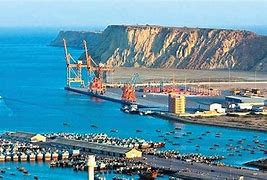Bilateral trade topped US$102 billion in 2020 and looks set to improve this year as the two countries seek further areas for cooperation.
Brazil and China are keen to fully explore the synergies between China’s Belt and Road Initiative and Brazil’s Investment Partnerships Programme, according to Paulo Estivallet de Mesquita, Brazil’s Ambassador to China.
According to China Global Television Network, the ambassador said diplomats from both countries “have received clear instructions from our leaders to continue along this path”, after President Xi Jinping and Jair Bolsonaro met twice in 2019, and since the beginning of 2020 have held virtual meetings and reached numerous agreements.
“We also have the institutional mechanisms to promote bilateral dialogue and to jointly develop, implement and follow-up joint cooperation plans – we will use them to deepen the Comprehensive Strategic Partnership established in 2012,” said Mesquita.
Heading the bilateral institutional arrangements is the Sino-Brazilian High-Level Coordination and Cooperation Committee (COSBAN), which is jointly chaired by Vice-President Hamilton Mourão and Vice-President Wang Qishan.
COSBAN presides over an array of thematic sub-commissions and working groups tasked with bringing together government agencies, institutions and experts in infrastructure, energy, financial cooperation, science and technology, tourism and education.
The next meeting of COSBAN will decide on the medium and long-term strategies that guide bilateral cooperation.
Mesquita said: “Brazil and China took on the challenges presented by the appalling Covid-19 crisis to enhance and deepen bilateral cooperation, which is now stronger and more diversified than ever before.”
In 2020 bilateral trade continued to break records, topping US$102 billion, and preliminary data for the first quarter of 2021 indicate that the positive trend continues.
“Most of the agricultural products China now imports – such as soybeans, meat and sugar – come from Brazil’s agribusiness sector, and it has proven time and again that it is capable of supplying high-quality food at competitive prices, in the large quantities required by the Chinese market, thus helping China to achieve its food security goals,” Mesquita said.
Brazil is also strong in other trading sectors, as a major source of China’s iron ore, oil, cotton and pulp imports. Brazil continues to be China’s third most important trading partner in the Western world, after the US and Germany. China has been Brazil’s largest trading partner since 2009 and it has been a steady supplier of a large range of products to Brazil.
“Chinese vaccines, as well as active pharmaceutical ingredients produced in China, account for the bulk of Brazil’s immunisation program against Covid-19,” Mesquita said. There are on-going cooperation initiatives aimed at developing more vaccines, and Brazil trusts “that the experience acquired in the fight against this pandemic will lead to long-term cooperation on health issues.”
Mesquita pledged to continue to “make full use of other bilateral and multilateral arrangements”, such as the BRICS, that has allowed Brazil, China, India, Russia and South Africa to engage more directly, without intermediaries, outside frameworks that reflect different historical circumstances, and has established some innovative tools, such as the New Development Bank and the Contingent Reserve Arrangement, which are relevant alternatives to traditional international financial institutions.
BASIC, an environment-dedicated mechanism composed of Brazil, China, India and South Africa, “will continue to play a key role in international discussions on climate issues in the coming years, not least about climate finance,” Mesquita added.
“Brazil and China have established one of the most important bilateral relationships in the world. Our partnership will continue to flourish because it provides a valuable contribution to both countries’ development. We will continue to develop our solid economic ties. It’s also believed that the time has come to place more emphasis on people-to-people contacts for the mutual benefit, prosperity and well-being of our peoples.”

















